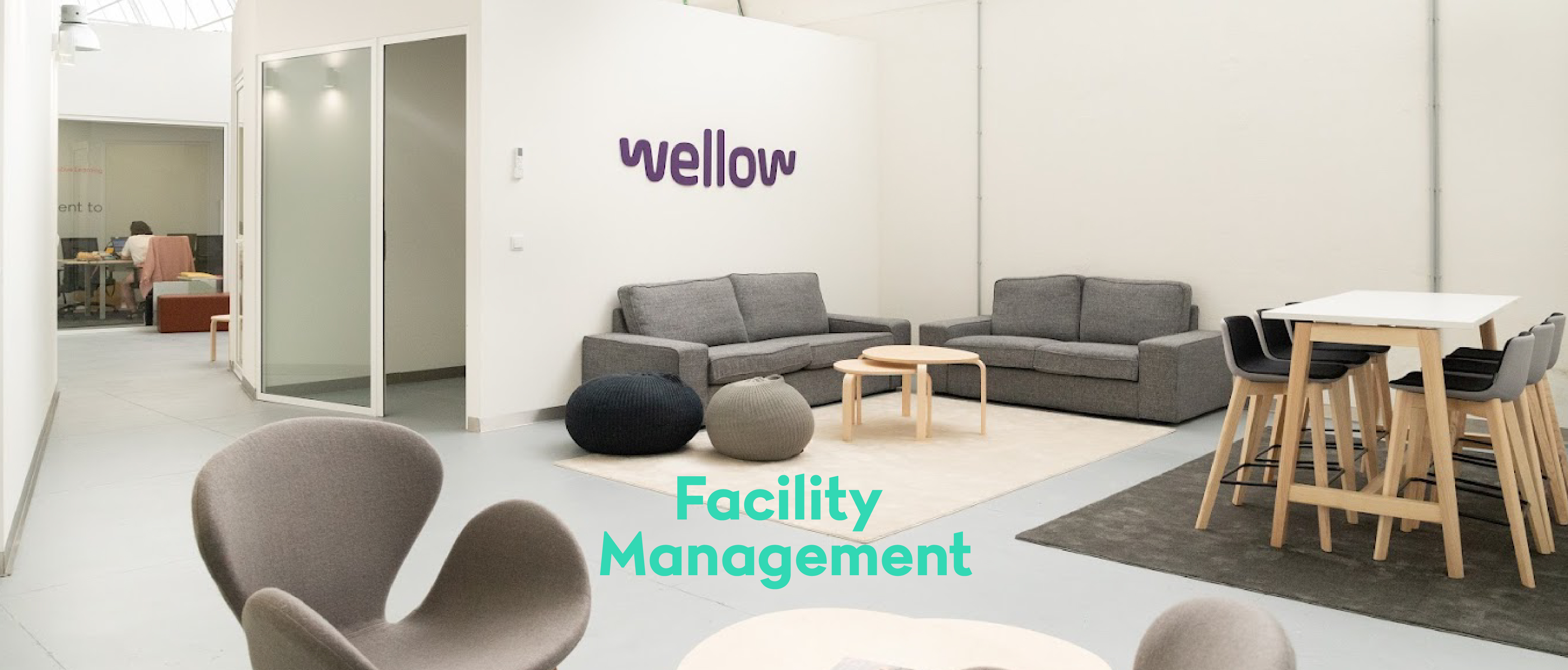Facility Management (FM) or Facilities Management is an essential part of any commercial property, which maintains the normal operation of the property. But is that all it is?
Globally, the Facility Management sector has seen significant growth and today is a market valued at €1.101 billion, with expected growth of around 6% by 2027. This growth can be explained by the rapid development of Middle Eastern countries and the consequent need to incorporate Facility Management services into their structure, as well as the increased need for soft FM services (cleaning and sanitization) in the commercial, hospital and government sectors originated by COVID-19 .
If the main purpose of creating FM in the 1970s was to create synergies to support the main activity, summarising Facility Management as the maintenance of facilities and cost reduction (Hard FM), today this concept is much more comprehensive, with a more holistic approach that involves creating spaces that adjust to socio-economic changes and promoting the well-being of employees, enhancing the human experience and maximising the productivity and efficiency of the facilities.
In the current hybrid telecommuting context, much encouraged by the Wellow™ Group, facilities management gains relevance due to the fact that demand for space and equipment has become volatile and properties need to be adapted to operate, regardless of their occupancy rate.
Normally, if the Facility Management service is not contracted to a specialized company and its structure includes a department dedicated to building management, this department is determined by the size of the company. In the case of the Wellow™ Group, the service is performed internally, and the various associated responsibilities, such as Energy Management, Spaces, Risks, Buildings, Security, among others, are managed by the Rent & Properties brand, which belongs to the group.
The advantage of having its own department dedicated to Facilities Management, allows a quick response to the various requests from the 40 properties belonging to the group, located in mainland Portugal and the Islands, a more efficient and personalised management, as well as developing a conscious sustainability plan, in order to obtain social valorisation and reduce the general impact on the environment.
With the exception of recently constructed buildings, the Portuguese building stock is not equipped for efficient energy management and is a major consumer of energy. For office buildings, for example, over 60 % of energy is consumed in HVAC (Heating, Ventilation and Air Conditioning). At Wellow™ Group we monitor these and other consumptions and we have ongoing measures to improve energy efficiency in our less efficient buildings, such as replacing light bulbs with LEDs, using environmentally friendly cleaning products, performing frequent preventive maintenance, focusing on the consumption of renewable energy, investing in electric mobility, among other actions.
Developing greener facilities, as well as minimising the carbon footprint, boosts revenue. Recently, a Nielsen report found that 73% of consumers millennials (born between 1981 and 1996), are willing to spend more on products and services if they are from sustainable brands.
Clearly, sustainability is a determining factor in the way in which new generations make decisions and today's Facility Management has as its primary objective the sustained and balanced management of facilities, ensuring proper operation, good safety conditions and above all user satisfaction.
At Wellow™ Group we are fully aware and optimistic that the future is green!
By João Farinha | CEO Wellow™ Rent & Properties



